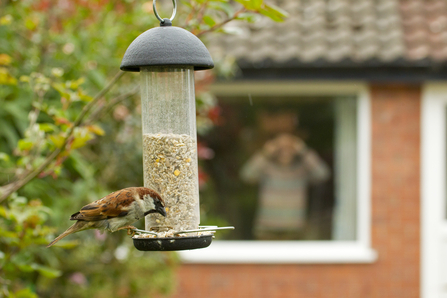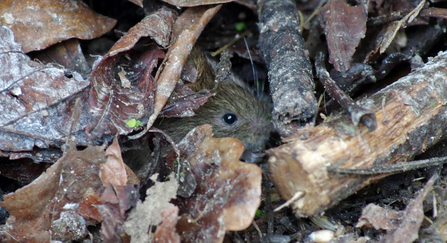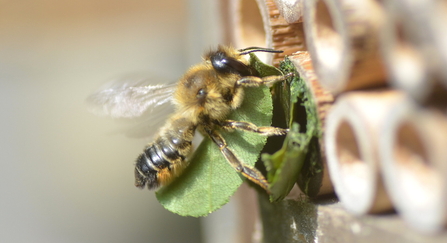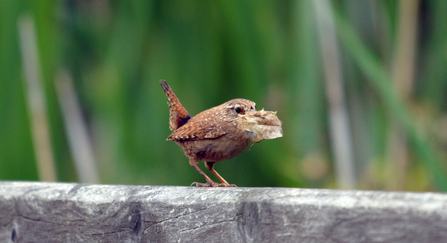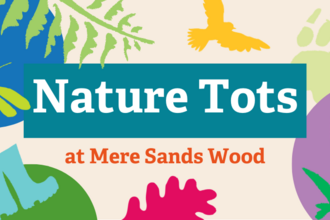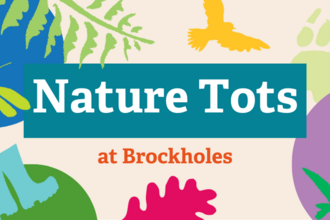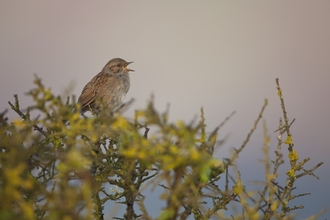As the weather warms up you might be thinking of spring cleaning your house and starting to sort your garden out.
We’d love to help (by making your list longer), so here are some Lancashire Wildlife Trust-approved jobs that you should have on your cleaning list this spring -


